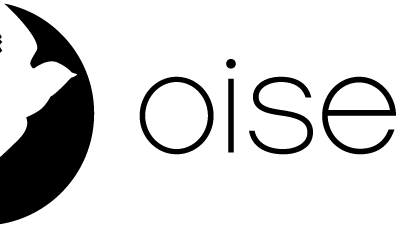Lauren: There’s always going to be resistance. But what I love about the evolution of this idea is the idea of centering black and brown people, centering the civil rights movement, being really mindful of which stories we tell. The route matters. The cause we are getting behind matters. Womxn can come together for more than womxn, we can come together to fight voter suppression. The evolution of our feminism is critical at this time. Who do you center in womxn’s movements? Doing this kind of thing is hard. We have to do it as imperfect people. That’s pretty much the idea that I’ve talked about ...what a dream this would be to create a movement with movement...to inspire as many people to vote as possible.
I’m a white womxn. I love to dwell in the world of ideas and action. It’s not the time to center white womxn. How do I balance this powerful feeling of finding my voice and using it with the necessity of sharing the mic, handing over the mic, making space for other voices and being a cheerleader, empowerer...that’s been an unfamiliar role for me. It’s humbling for me, and I’m still figuring my way through it. To me this is the biggest learning opportunity with this relay, working in partnership on this relay is a real opportunity to put that to work.
Alison: I’ve encountered white feminism where my story and my truth, my reality has been side-lined. My journey is learning to reject internalized racism, internalized white supremacy. The beautiful thing about what we are creating here is it’s imperfect. It’s rooted in the principle of always learning, always trying to include more voice in the conversation, and trying to be gracious in that practice.
Lauren: I’m so excited that we are using running, this practice that we know so well as a frequent or daily practice, to do this work. As runners, we share a set of tools that we’re used to applying. We know we’re going to have good days, we’re going to screw up, we just need to put in the time. Participation in this relay is such a beautiful way to translate skills we already have. Runners know how to keep going, how to do a little bit every day. Civic engagement and anti-racism work are the SAME.
Alison: What does running mean to you? I think of running as freedom, but also as revolutionary. I say that as a womxn, a black womxn, as someone who when I go outside I’m always at risk of being profiled, assaulted, arrested. I think of the history of my ancestors and how the legacy of movement (marching, escaping) is tied into my identity. People sometimes say running is “just running” but we all know it is so much more than that.
Running is perseverance, clarity, transformative; running is subversive, release, breathing; all of those individual connections to running are what we bring to this collective movement. Although we’re all far apart in different parts of the country, that is really the glue that brings this movement together.
Lauren: By showing up for this relay, imperfectly as we are, we are making a commitment to engage in anti-racism work. The relay itself is set up so we will learn, act, and serve. We learn from history and one another as we run it. We act individually by putting our bodies and resources into it. And we serve by aligning our individual movement into a collective movement.
Alison: These are our principles:
We will learn as we go
We commit to this work as anti-racism work
We are not experts and won’t become experts, there’s so much we don’t know
But we will make a difference










